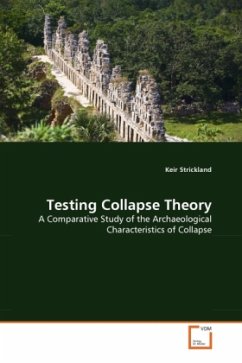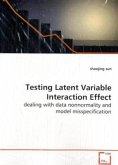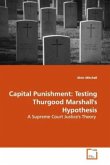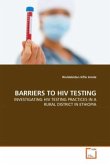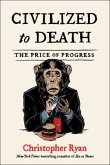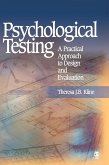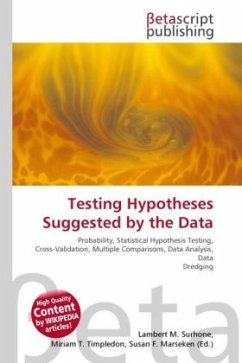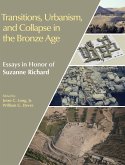We have been fascinated by societal collapse since civilisation began; as soon as the first monumental stone structures were erected they began to crack, crumble, and decay, and people became aware of their society's mortality. From the writings of Plato and Aristotle to the silver screen of Hollywood; the very idea that a civilisation can flourish and burn so brightly, and then fall so far, to ruin, fills us with an almost morbid fascination, the possibility that an entire civilisation could die doubles our own mortality (Mazzarino 1966: 171). However, despite popular interest, collapse has long been sidelined in archaeology, leaving the field dominated by high-end universal collapse theories. This book attempts to test such theories through by grounding them in the physical archaeological record of three examples of such societal collapse from across the world; those of the Maya (Mesoamerica), the Indus (South Asia) and the Turanian Basin (the Near East).
Bitte wählen Sie Ihr Anliegen aus.
Rechnungen
Retourenschein anfordern
Bestellstatus
Storno

